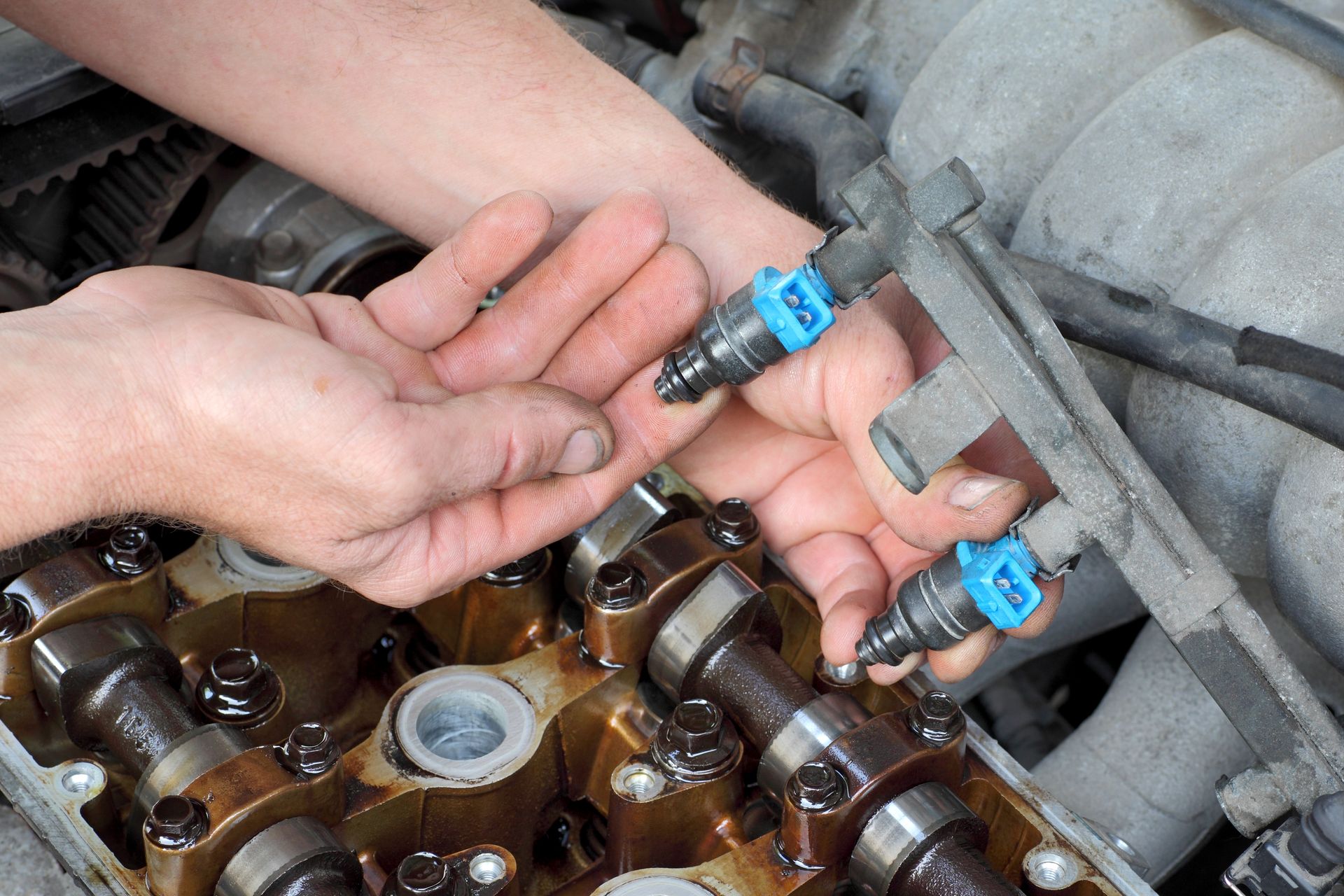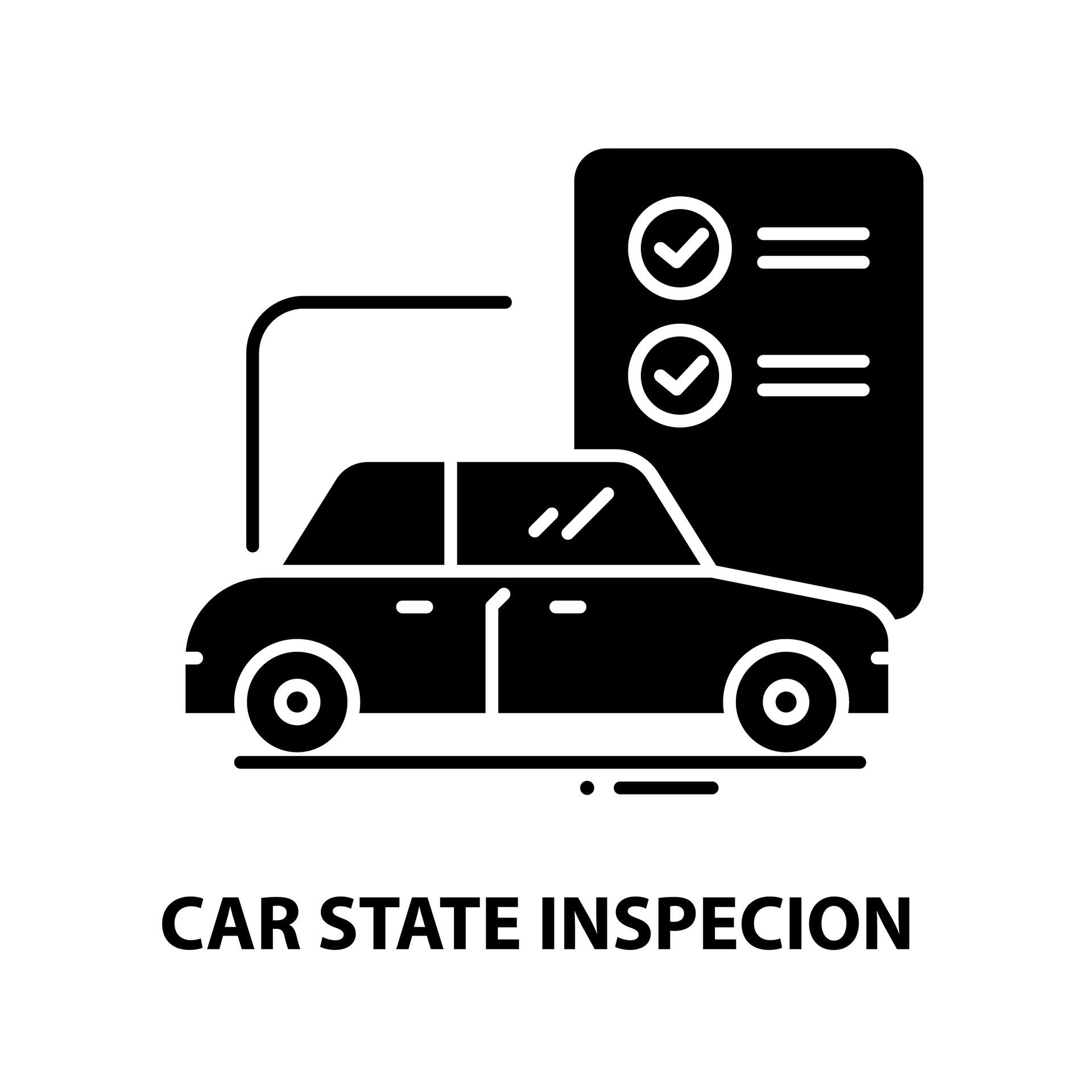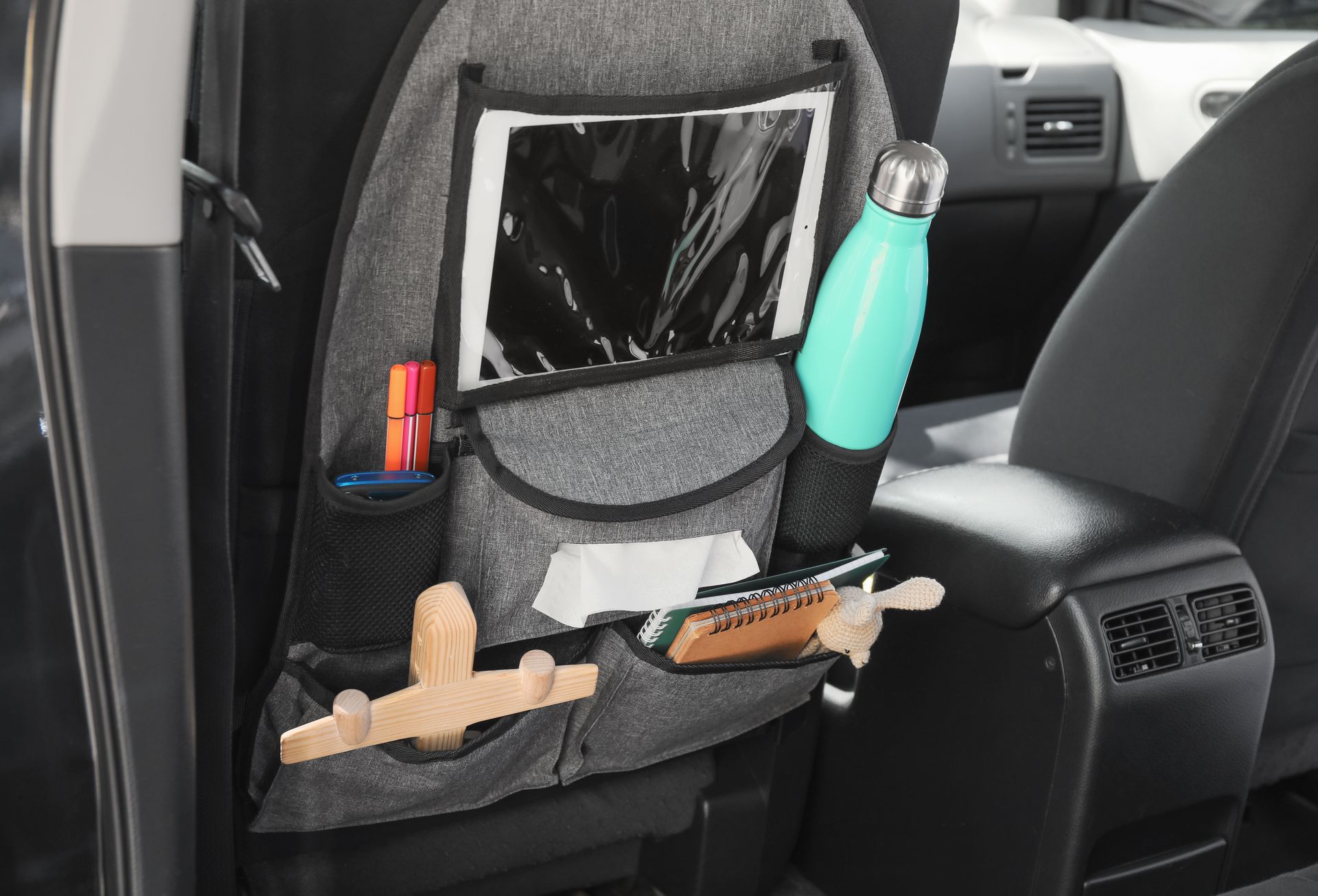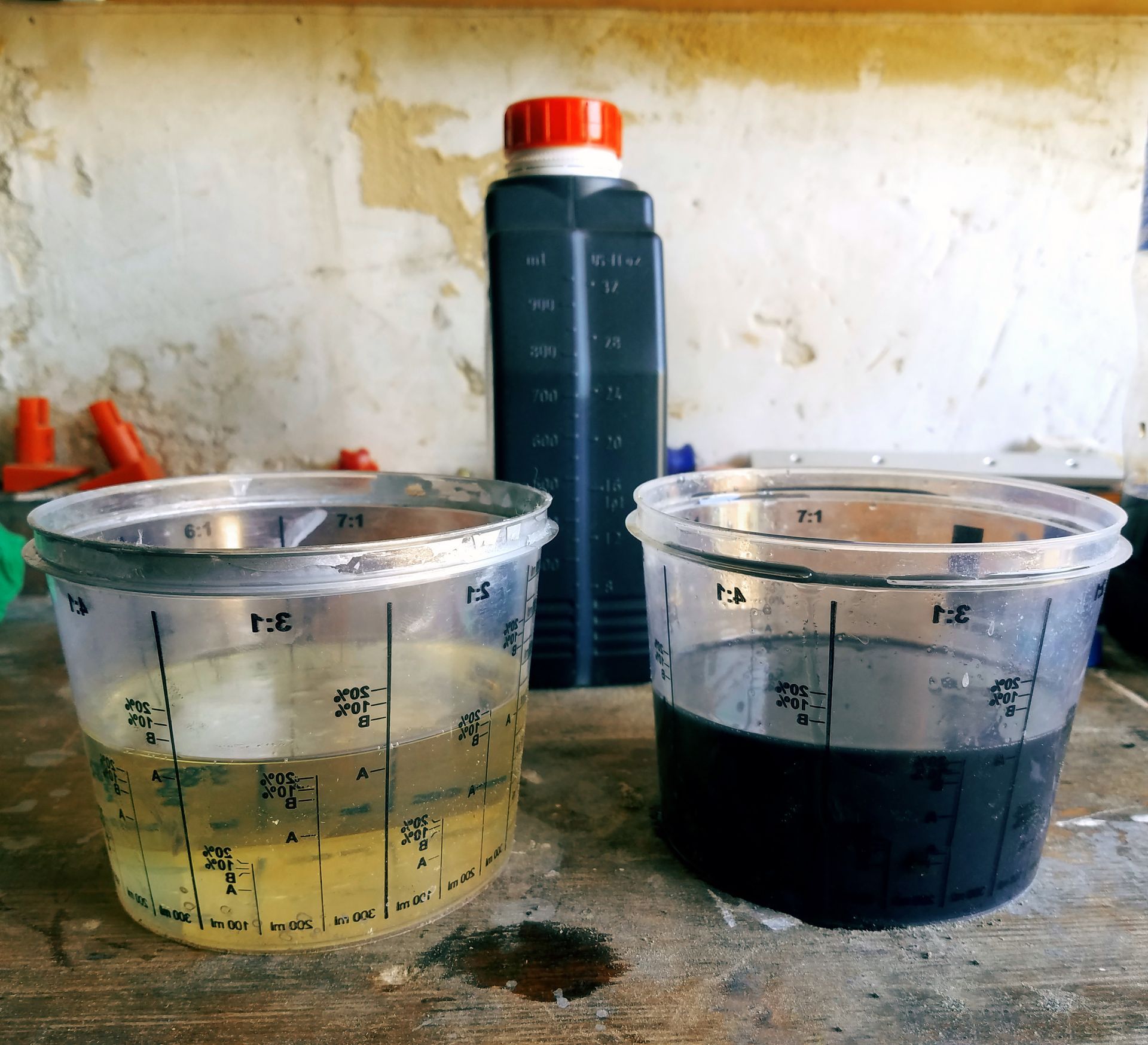Loading ...
Missing business hours data / Error occurred while getting the data.
Why Do High-Performance Cars Need Frequent Brake Inspections?
August 27, 2024
When you think about high-performance cars, what comes to mind? Speed, power, and precision? These cars are engineered to deliver an exciting driving experience, whether tearing up the track or enjoying a spirited drive on a winding road. But with great power comes great responsibility—especially when it comes to maintaining your brakes. High-performance cars demand frequent brake inspections, and there are several compelling reasons why this is crucial for both safety and performance.
The Unique Demands of High-Performance Brakes
High-performance cars are designed to push the limits of what a vehicle can do. This means they’re equipped with advanced braking systems that need to handle extreme conditions. Whether it's rapid acceleration, high-speed driving, or aggressive cornering, the brakes on these vehicles are put under immense stress. As a result, the wear and tear on high-performance brakes are significantly more pronounced than on a typical commuter car.
The brake systems in these cars often include larger brake pads and rotors, specialized materials like carbon-ceramic components, and multi-piston calipers—all of which are designed to dissipate heat and provide consistent stopping power. However, this specialized equipment also means that any issue, even a minor one, can lead to a noticeable drop in performance or, worse, a safety risk.
Heat
One of the most significant challenges that high-performance brake systems face is heat. When you brake, the friction between the brake pads and rotors generates heat. In everyday driving, this heat is usually manageable. However, in high-performance vehicles, especially during aggressive driving, the heat generated can be excessive.
Excessive heat can lead to a phenomenon known as brake fade, where the brakes become less effective the hotter they get. Over time, this can cause the brake fluid to boil, brake pads to glaze, and rotors to warp—all of which severely impact braking performance. Frequent brake inspections help catch these issues early before they develop into more severe problems that could compromise your safety.
Wear and Tear
The components in a high-performance brake system are designed for optimal performance, but they also wear out faster than those in standard vehicles. Brake pads, for example, are often made from materials that provide superior grip and performance but also wear down quicker due to the high friction levels they generate.
Rotors, too, can develop grooves, cracks, or other forms of damage more quickly under high-stress conditions. The last thing you want is to discover a problem with your brakes when you need them most. Regular inspections allow you to monitor the condition of these components, ensuring they are replaced or serviced before they affect your driving experience or safety.
The Importance of Brake Fluid Maintenance
Brake fluid is the lifeblood of your car’s braking system. It transfers the force from your brake pedal to the brake calipers, allowing your car to stop. In high-performance vehicles, brake fluid is subjected to extreme temperatures, which can lead to moisture absorption and degradation over time.
As the brake fluid degrades, it becomes less effective at transferring force and more susceptible to boiling. This can lead to a spongy brake pedal feel, reduced braking performance, or even brake failure. Regular brake fluid checks and replacements are essential for maintaining optimal braking performance in high-performance cars.
Tailoring Brake Inspections to Your Driving Style
How you drive your high-performance car plays a significant role in how often you should inspect your brakes. If you frequently engage in spirited driving, track days, or high-speed runs, you’ll need to inspect your brakes more often than someone who primarily uses their car for commuting.
During an inspection, a professional will look at the thickness of your brake pads, the condition of your rotors, the level and quality of your brake fluid, and the overall functionality of your braking system. This proactive approach not only ensures your car remains safe to drive but also preserves its performance capabilities.
The Cost of Neglecting Brake Inspections
Neglecting regular brake inspections can lead to more than just decreased performance—it can result in costly repairs. If a minor issue like a worn brake pad is not addressed, it can lead to rotor damage, which is significantly more expensive to repair. In extreme cases, neglecting brake maintenance can result in complete brake failure, putting you and others on the road at risk.
Frequent brake inspections may seem like a hassle, but they are a small price to pay for the peace of mind that comes with knowing your car is performing at its best. High-performance cars are an investment, and taking care of your brakes is a crucial part of protecting that investment.
Worried about your brakes? Trust the experts at
Three Suns Auto Care to
inspect and maintain your high-performance braking system. Drive with confidence—schedule your appointment now!
Loading ...
Missing business hours data / Error occurred while getting the data.
Loading ...
Missing nap lines data / Error occured while getting the data.










